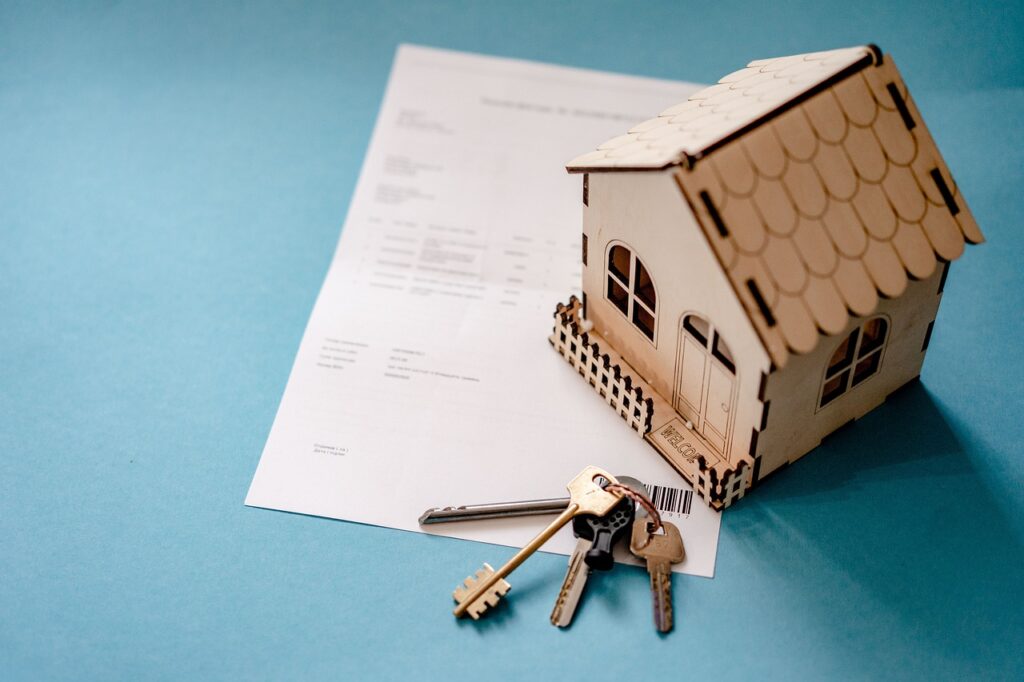
We own property in multiple countries, and believe that buying real estate abroad can be a good investment — if you do your due diligence. Real property is not a liquid investment that you can sell at a moment’s notice, so you want to make sure you make a savvy purchase.
Step One: Figure out why you want to purchase real estate abroad.
- Perhaps you want to buy real estate in order to get residency or citizenship
- Perhaps you want to diversify your cash into emerging markets
- Perhaps you want to earn rental income from the property
- Perhaps you want to live in the house yourself

Step Two: Decide where you want to buy property.
You must choose a country that you believe has a future. You should consider factors such as climate, economic and political stability, population growth, tourism potential, and foreigner-friendliness. Additionally, you will need to confirm whether you are allowed to buy real estate in your chosen country. In some places, foreign ownership is forbidden or severely restricted.
Regardless of your initial goals, we suggest that you purchase property in a place you enjoy spending time in. You may be in the market for a rental property, but if rental yields end up being too low, you could at least visit or live in the home yourself.
Once you choose a country, you will want to find the best city or area to invest in. If you are looking for a personal home, you can choose any location that suits your lifestyle. However, if you are hoping to see substantial rental income or capital gains, you will need to be more strategic.
We purchase apartments in capital cities and resort towns that we believe have rental potential. The key is to get close to the action. In a thriving capital city, you are likely to find locals looking for long-term rentals, as well as tourists looking for vacation rentals. Renters rarely want to be in suburbs — city center properties have better transportation options and are closer to attractions such as restaurants, shopping malls, museums, and music venues.
Obviously, viable locations will depend on your budget. However, the old saying “buy the worst house on the best block” is still relevant. If you find a house or apartment in a great neighborhood, it is often worth the hassle of renovating the property.
Similarly, don’t be afraid to purchase an apartment with an odd layout. You will have access to all the same building amenities, but can save a lot of money. In Mexico, we paid $25,000 less than our neighbors, and simply spent extra time/effort when it came to choosing and measuring furniture.
Step Three: Run the numbers.

First, you will need to compare real estate in your chosen area to determine what constitutes a fair purchase price. Be aware that the prices on fancy websites designed to appeal to English speakers are often inflated. You can start your research online, but if you are serious about a purchase, we recommend going in person to view properties with a local realtor.
Second, you should have some rough rental income estimates based on comparable properties in the area. If you prefer short-term rentals, you should check out websites such as AirDNA and Airbtics that analyze average daily rates, occupancy rates, monthly revenue, etc. in a particular city. Then, you should search directly on platforms such as Airbnb and VRBO to find listings of a similar size and style in your chosen neighborhood. If you prefer long-term rentals, you can compare average rent prices by using websites such as WorldAtlas, and conducting searches on realtors’ websites.
Third, you should try to estimate your expenses. You will need to account for upfront costs such as transfer fees, VAT, and realtor commissions, as well as ongoing costs such as property taxes, HOA fees, and utilities.
Finally, think long term and consider what happens if you sell the property in the future. You should research how your chosen country taxes capital gains, and the likelihood of property values going up in your neighborhood.
You will simply have to do the math! Whether you use a pen and paper or high-tech online ROI calculators, you will need to consider whether the potential rental profits or capital gains justify the purchase price.

Step Four: Choose how you want to buy the property.
First, do you want to buy the property with cash or pursue financing options? In our experience, you get better deals as a cash buyer and the process goes faster. Often, your home bank will refuse to finance foreign property purchases, and foreign lenders may charge you higher rates because you are a non-citizen. Getting a mortgage or a developer loan may be a possibility, but make sure you read all terms and conditions carefully.
You will also need to decide if it is more advantageous to buy foreign real estate personally, or with a legal entity such as an LLC, corporation, or trust. There are tax consequences and complexities associated with either route, so be sure to research your options.
In some instances, you absolutely want to buy real estate personally. For example, if you are buying a property to satisfy a residency or citizenship-by-investment scheme, the government often requires that the name of the purchaser and immigration applicant match.
If you plan to purchase a house, condo, or apartment in a litigious country such as the USA or Germany, you may want to consider buying the property with a corporate entity. Entity formation and annual filing fees can be expensive, but you should have an extra layer of protection if a renter or member of the public gets injured on your property. You may be able to avoid any personal liability if someone sues.
Entities and individuals usually have different tax rates and allowable deductions, so you need to do what makes the most sense financially. For example, individual landlords may face a higher flat tax rate, but can claim deductions for mortgage and interest payments, depreciation, maintenance and repairs, travel, and other administrative costs.
Step Five: Seal the deal.

If we can offer one piece of advice, it is: try to keep real estate transactions as simple as possible! Fortunately, in many countries you can negotiate directly with the seller, and avoid having to deal with realtors, lawyers, notaries, and other intermediaries.
Make sure you understand the process of buying and registering real estate in your chosen country, and take the time to find reputable intermediaries if necessary. Please note, the real estate industry is full of scam-artists, many of which target foreigners. If a property sounds too good to be true, it usually is. You should be extra careful when it comes to new-builds, because there is no guarantee the project will ever be completed.
Hopefully, this article gave you some insight into buying property abroad. The process in each country (and city) will be different, but it is worth exploring your real estate options.
If you are looking for more investment options, check out our article Gold Investing: What You Need to Know